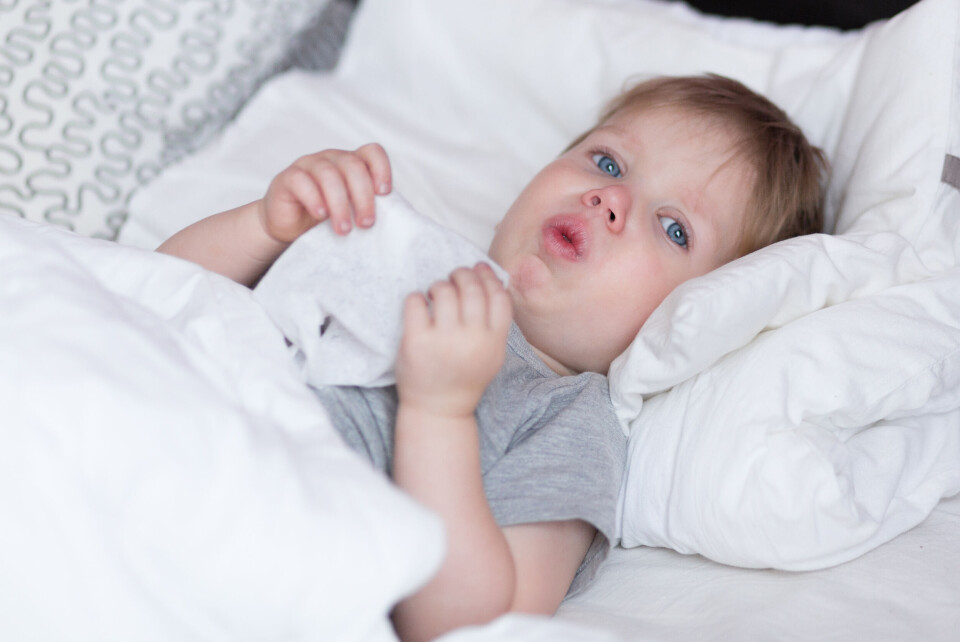-
Britons are the largest foreign community of second-home owners in Nouvelle Aquitaine
See which other departments in the region are popular with British nationals
-
Travellers risk extra costs under new Eurotunnel ticket rule
Some fare options are less flexible and less forgiving of lateness
-
May will be difficult month for train travel in France, warns minister
Two major train unions are threatening to strike and are ‘not willing to negotiate’, he says
Bronchiolitis epidemic spreads across all of metropolitan France
Following a winter with very few infections last year, there are fears that 2021 will see a particularly severe epidemic of the disease, which usually affects children under two

France’s bronchiolitis epidemic is expected to be particularly bad this winter after a year of Covid restrictions drastically reduced infection levels last year.
The respiratory tract infection, which normally affects infants up to two years of age, affected fewer children than normal last year, meaning that there are now fewer children who have immunity to the disease.
Read more: Health experts concerned by effects of Covid on winter illnesses
Santé publique France has announced that on Wednesday bronchiolitis levels were higher than at any other point in the year so far, and that all metropolitan regions were now affected.
[#Bronchiolite] Bulletin épidémiologique du 10 novembre
— SantépubliqueFrance (@SantePubliqueFr) November 10, 2021
➡️ Poursuite de l’épidémie de bronchiolite avec maintien des indicateurs de surveillance chez les enfants de moins de 2 ans à un niveau élevé
👉Pour consulter le bulletin https://t.co/FKKWBHBQXG pic.twitter.com/aL4J5FrONB
This year, the epidemic began in Ile-de-France and Grand-Est, spreading across France and finally reaching Brittany and Corsica in recent weeks.
During the week of November 1-7, 4,100 children were brought into hospital accident and emergency units with bronchiolitis, 35% of which were hospitalised. This marked an increase of 4% on the previous week.
Around 89% of the total number of children seen by hospital staff were less than a year old.
What are the symptoms of bronchiolitis?
Bronchiolitis is a very infectious disease which causes a cough and breathing difficulties generally among young children. Rapid, wheezy breathing and a slight temperature is often observed in infected infants.
The illness – which affects nearly two thirds of newborns each year – is not normally serious, but can in 2-3% of cases lead to hospitalisation.
How can we avoid contracting it?
People can protect their children from bronchiolitis by adopting certain hygiene measures, as is the case with most seasonal illnesses.
Santé publique advises that people wash their hands for 30 seconds with water and soap or hand sanitiser before going near a newborn.
If possible, it is also recommended to keep babies out of crowded spaces such as public transports and to air out their room for at least 10 minutes a day.
The NHS also advises that parents wash or wipe toys and surfaces regularly, keep infected children at home until their symptoms have improved and prevent anyone from smoking around them.
Related stories
Map: Gastro still on rise in France, which areas are worst affected?
France’s flu vaccination campaign begins: Here’s how to get your jab
























